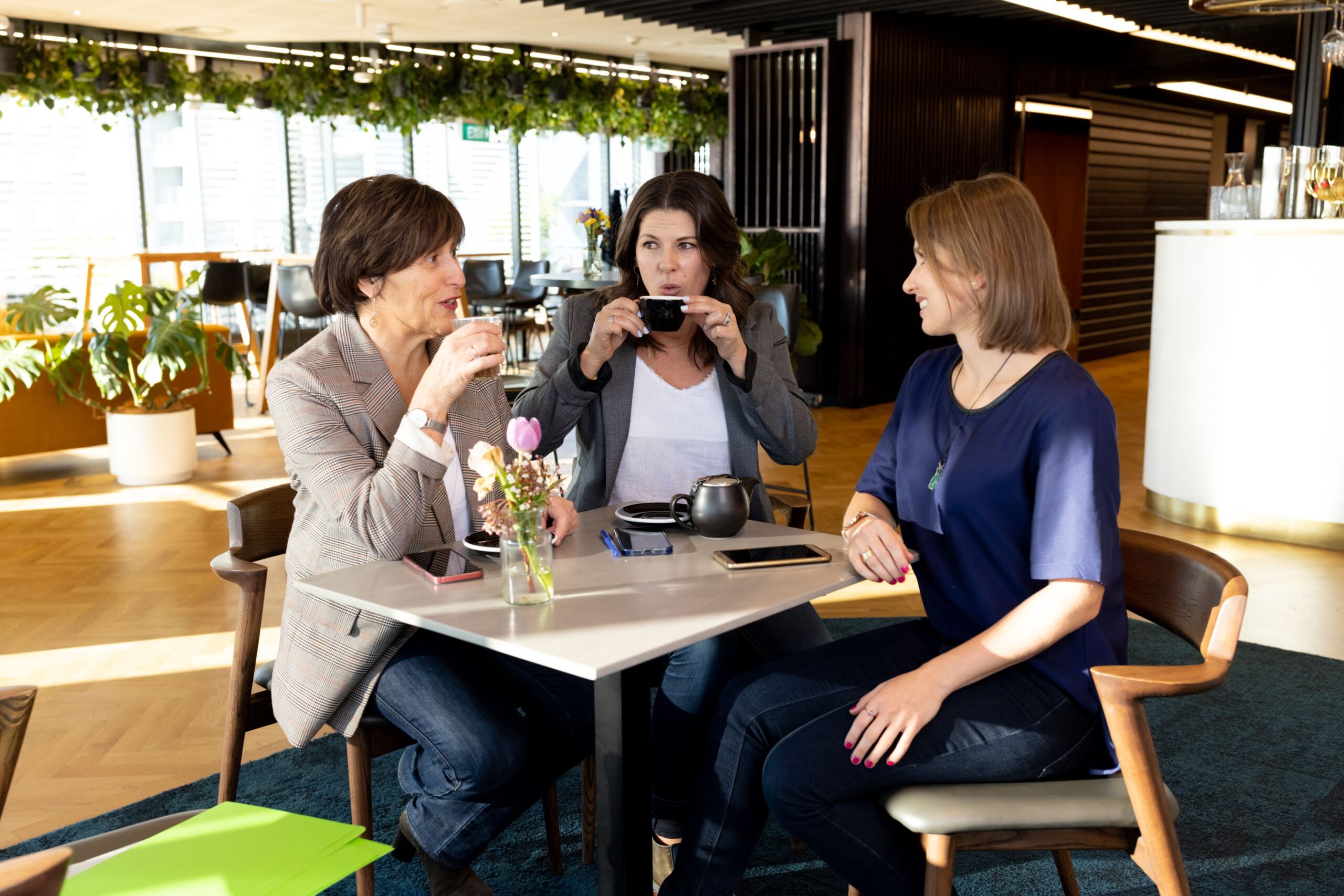
Unemployment For Executive Women Worse Post Pandemic

Women who have broken through the glass ceiling and achieved executive management success find that employment over 50 presents a far more formidable barrier than any glass ceiling.
Capable women with vast executive-level experience can find it almost impossible to get a role in today’s environment.
Employing the concept of whakapakari (to develop, strengthen and refine), we at M2M specialise in recruitment as well as the coaching of candidates—particularly those from diverse backgrounds—to be more capable, more prepared and employment ready to meet the needs of employers in a time when so much talent goes unrecognised.
It is common for us to encounter women candidates with impressive credentials—former directors and department heads, including a former PWC director, a marketing director and a vice president of a tech company—who cannot get work.
It is an incredibly demoralising experience for these executive women who have achieved extraordinary success in their careers only to find themselves locked out. Repeated rejection leads to fear, uncertainty, and a loss of confidence, which only worsens the situation.
One stereotype I’m constantly aware of is that men are perceived as more technologically adept, which gives them an edge in the job marketplace.
There are apparent reasons women struggle to get back into executive leadership positions, are sexism, ageism, and women’s need for more flexibility because many become carers to elderly parents. But I think the situation has worsened since the pandemic because employers perhaps worry that older women are a greater health risk.
As a result, women over 50 are more likely to be unemployed for longer or to fall out of the job market. Those that do find work have to take a pay cut.
Here’s some advice for women over 50 trying to get back into the job market:
1. Beware cognitive closure
I coach many women who have struggled to get back into the job market, and one of the most significant risks is succumbing to repeated rejections. When faced with uncertainty and ambiguity, your brain looks for an answer because it wants closure, leading to depression, negativity and a sense of desperation.
Employers will sense negative emotions. Avoid ruminating on failure because it consumes energy, and it shows. Instead, step back and rethink, re-strategise—figure out what is working and what is not.
Writing a new CV is not going to help. Eight pages of a task are boring. Stop trying to figure out what you are doing wrong and change what you are doing altogether.
2. Believe more in your technical capability
Women are particularly strong in skills like teamwork, empathy, collaboration and motivation, but men have an edge in employer interviews because they tend to be more transactional and technical in their approach. It’s a difference of approach, not competence.
Shifting the conversation into technical and commercial territory seems to help with dispelling ageism and gender bias. Take control of the conversation by asking technical questions. Rely on your ability to deliver, not on your CV. If there are things you want to communicate, then do so—don’t wait for questions that may not come.
3. Clean up your digital footprint
Having a poorly constructed LinkedIn profile plays to the ‘older woman are bad at technology’ bias.
If your online footprint—your social media, columns, comments, directory listings, and past profiles—is less than impeccable, you’re doing yourself a disservice. Everything must be up-to-date and current from a professional and career perspective to demonstrate that you are still active and relevant.
It does not help for employers to see ‘so-and-so’ has not posted in a while. Be an active commentator in your industry to show you are still up with the play.





